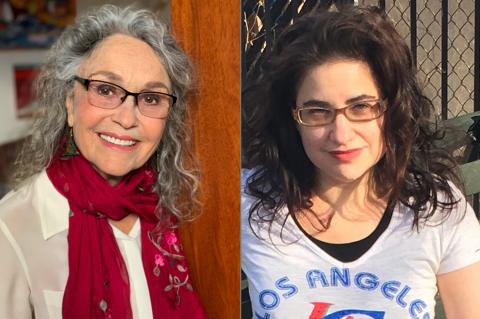The East Hampton Historical Society's Poetry Marathon, held at the Mulford Farm on James Lane in the village, returns Sunday to continue a roughly 25-year tradition, with wine, comestibles, and signings.
Books
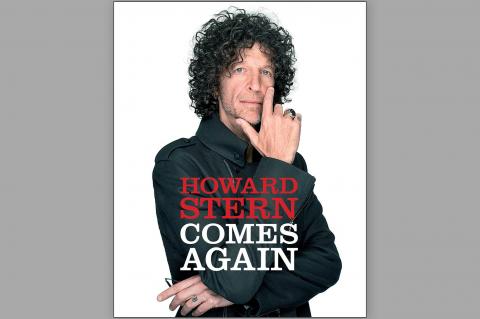 Shock Jock Grows Up
Shock Jock Grows UpIt has been an open secret for some time that Howard Stern might be the best interviewer in America, humorous and agile. His new book, “Howard Stern Comes Again,” anthologizes the highlights of his radio career, from Paltrow to McCartney to Trump, complete with cross-references.
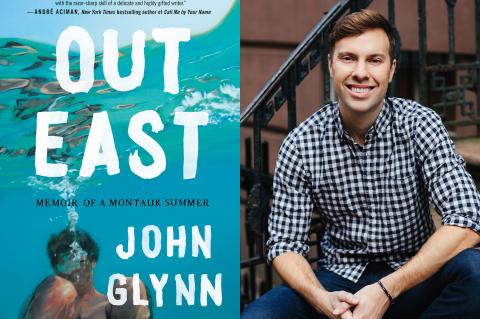 Montauk Dreaming
Montauk DreamingIn a booze-soaked Montauk share house one summer, the housemates were grouped into three categories, “the girls, the finance guys, and the gays.” At 27, John Glynn didn't fit into any of them. “Out East” is his story of coming out and growing up.
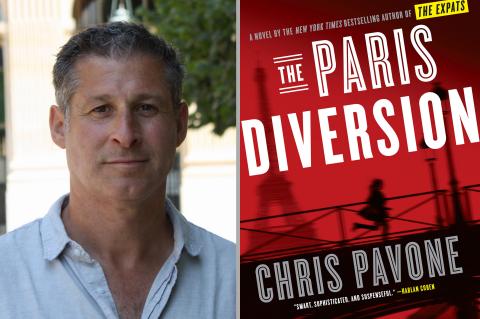 Mommy’s Got a Glock
Mommy’s Got a GlockChris Pavone’s follow-up thriller plays a fast-paced game, with more twists than you can get your head around, expressive writing about Paris, and a most modern woman, an ex-C.I.A. agent who wants a family life.
 Summer Loving and Hating
Summer Loving and HatingRenting to the rich for the summer that old family house with the great views? In order to send your kid to college, or simply afford it here? Judy Blundell's first novel for adults explores the way we live now on the East End.
 Anarchist’s Delight
Anarchist’s DelightIn his new novel, “Assassin of Shadows,” Lawrence Goldstone offers an alternative theory to the events of the McKinley assassination.
From "Millennial," a new collection by an East Hampton poet.
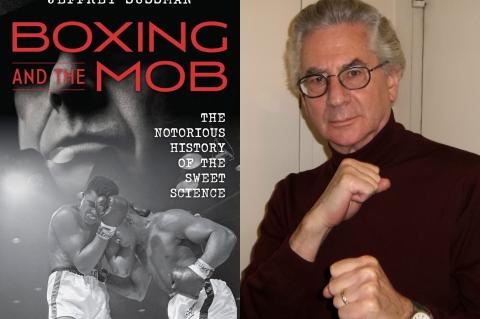 The Slum of Sports
The Slum of SportsJeffrey Sussman has dug up an all-star roster of low-life scum for our reading pleasure, but at least they had some style.
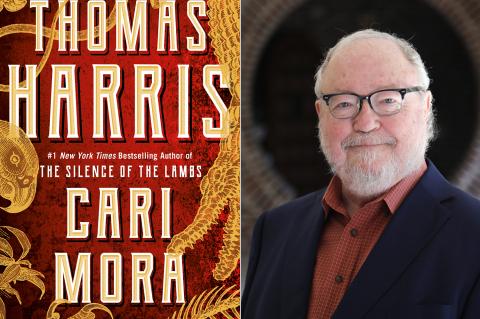 Hold the Chianti
Hold the ChiantiThomas Harris, the undisputed king of memorable grotesquerie, returns with a murderous albino pornographer, sex trafficker, torturer, and organ harvester in his long-awaited new thriller.
From “Hamptons,” a new poetry collection by Lucas Hunt, who will read from it at the Amagansett Library on Sunday at 2 p.m.
“What better way to kick off the season than baseball and architecture?” asks Paul Goldberger, the architecture critic, who will do just that when he talks about his new book on Sunday at 5 p.m. at BookHampton.
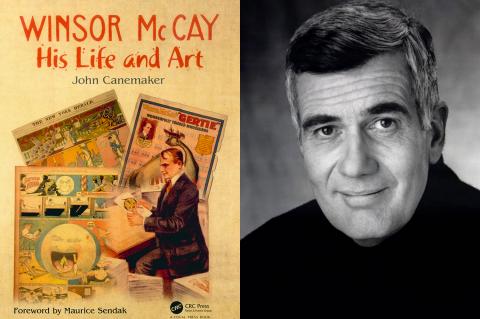 Dream Weaver
Dream WeaverAn appraisal of Winsor McCay, an early master of animation and the most skilled and innovative newspaper cartoonist in the medium’s history, by the country’s pre-eminent scholar of animation.
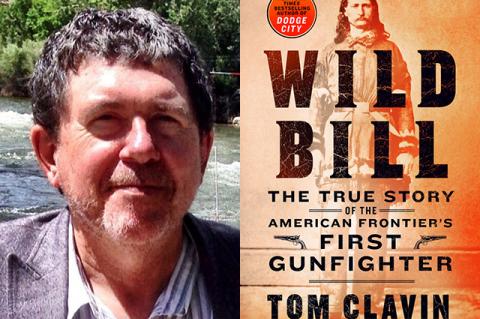 The Shootist
The ShootistThe legendary Wild Bill Hickok, the fastest gunslinger in the West, also dressed well, bathed regularly, and wrote letters home to his mom.
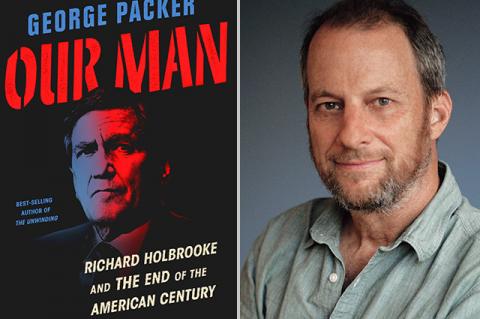 How Holbrooke ‘Represented’ Us
How Holbrooke ‘Represented’ UsOf all the foes Richard Holbrooke faced across diplomatic negotiating tables and within the upper echelons of American government, his worst enemy was frequently himself.
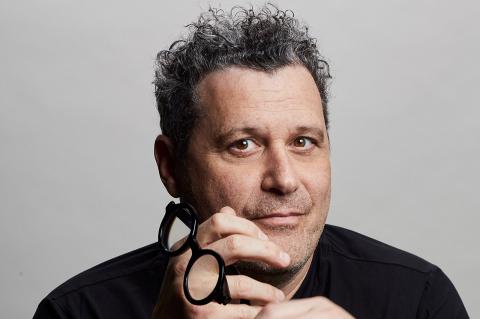 Long Island Books: New York’s Frockmeister
Long Island Books: New York’s FrockmeisterAs couturier to high-profile women, Isaac Mizrahi dressed the likes of Meryl Streep, Oprah Winfrey, Liza Minnelli, Audrey Hepburn, Elizabeth Taylor, Aretha Franklin, Hillary Clinton, Diane Sawyer, Sharon Stone, Sandra Bernhardt, and Diane Keaton.
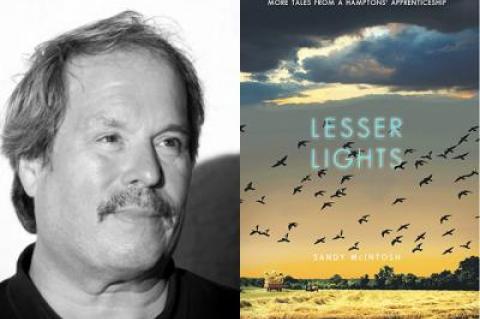 The Right Place, the Right Time
The Right Place, the Right TimeIn “Lesser Lights,” Sandy McIntosh has crafted a memoir of entertaining vignettes that show a Hamptons barely recognizable today, when the arts were fun, writers were accessible, and the living was easy.
It’s spring, it’s National Poetry Month, it’s time for something different — a new poetry reading and open mike, that is, at the Southampton Cultural Center Friday night.
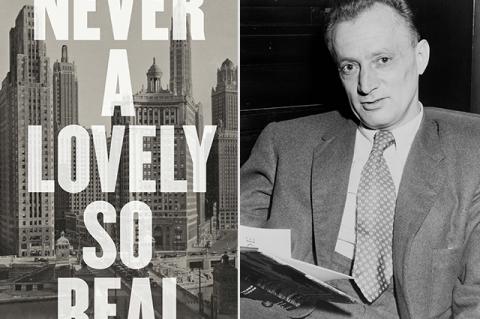 Down and Out With Nelson Algren
Down and Out With Nelson AlgrenNelson Algren, champion of the hard-luck cases and the losers, was one of the most famous authors of the mid-20th century. What happened? Colin Asher has written a reappraisal.
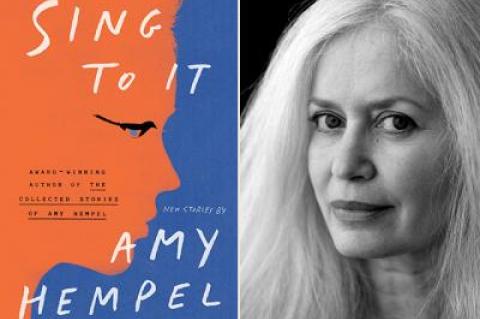 Looking for Signs
Looking for SignsAmy Hempel’s stories are like artifacts, every word is meticulously chosen, every sentence matters. They cannot be easily summarized, so be prepared to connect the dots.
 More Than a Roadside Attraction
More Than a Roadside AttractionSusan Van Scoy, an art history professor at St. Joseph’s College, is just out with “The Big Duck and Eastern Long Island’s Duck Farming Industry,” a tale told in photographs.
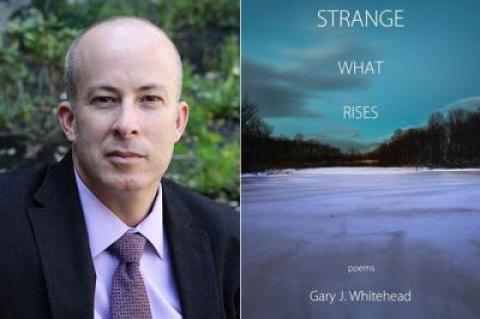 Poetry by Gary Whitehead at the College
Poetry by Gary Whitehead at the CollegeFresh from publication in The New Yorker, Gary J. Whitehead reads at Stony Brook Southampton for Writers Speak.
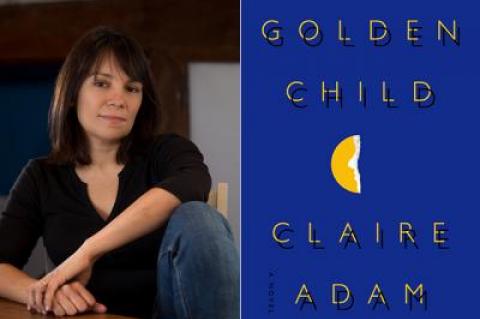 Robbing Peter to Pay Paul
Robbing Peter to Pay PaulWith “Golden Child,” Claire Adam’s gripping novel set in Trinidad, Sarah Jessica Parker’s imprint has its second success in introducing a new voice.
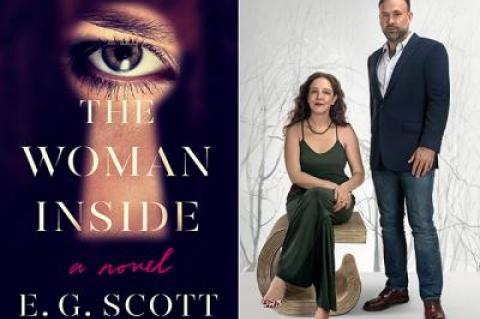 Ruthless People
Ruthless PeopleA thriller that at first seems cynically executed is in fact solidly entertaining.
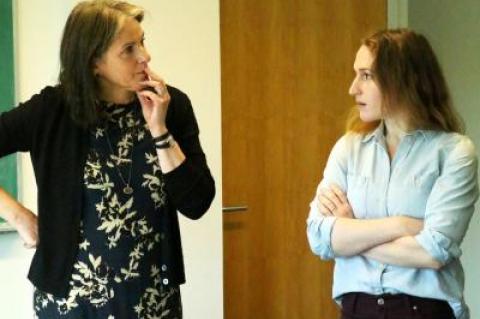 Five Writers on Rewriting
Five Writers on RewritingStony Brook Southampton faculty consider the “art and craft of the redraft” Wednesday in the return of the M.F.A. program’s Writers Speak series for the spring.
Bob Zellner’s civil rights memoir reissued in paperback, plus an African-American Read-In in Sag Harbor.
 A Bookish Bedside Weekend
A Bookish Bedside WeekendBooks and signings and drinks, oh my! (And don't forget the choice meal.) The Baker House 1650 hits back against the winter doldrums.
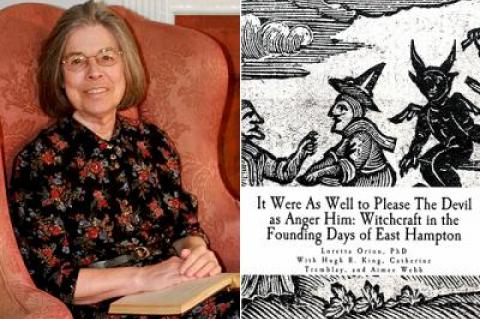 Oh Goody, Witchy Woman of 1657
Oh Goody, Witchy Woman of 1657The good folks of East Hampton still held their share of medieval beliefs in the second half of the 17th century.
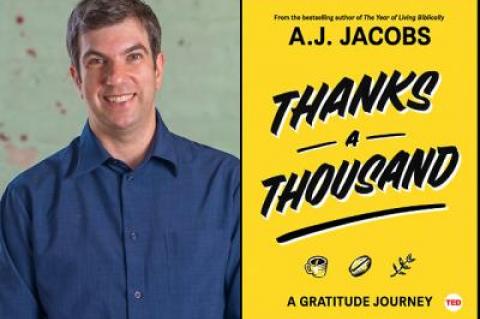 Not-So-Bitter Brew
Not-So-Bitter BrewA.J. Jacobs wanted a mental makeover to alleviate his perpetual annoyance. He chose to thank every person he could think of even remotely connected to producing his morning cup of joe.
 Paul Harding: A Brain on Prose
Paul Harding: A Brain on ProseSpeaking with Paul Harding, who won a Pulitzer Prize in 2010 for his debut novel, “Tinkers,” is like reading one of his books. He presents a lot of detail and many opinions about time, art, and the slippery nature of success.

